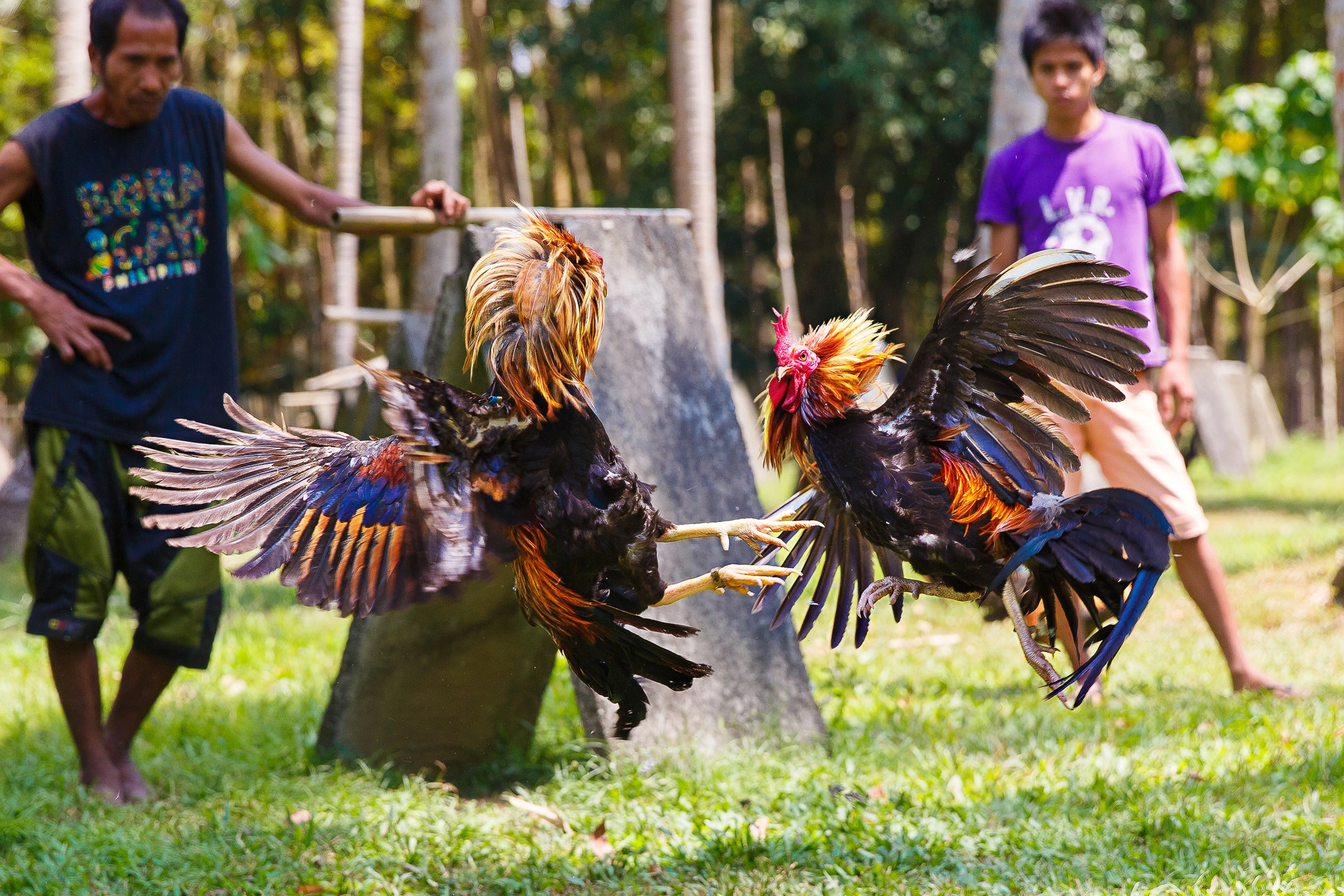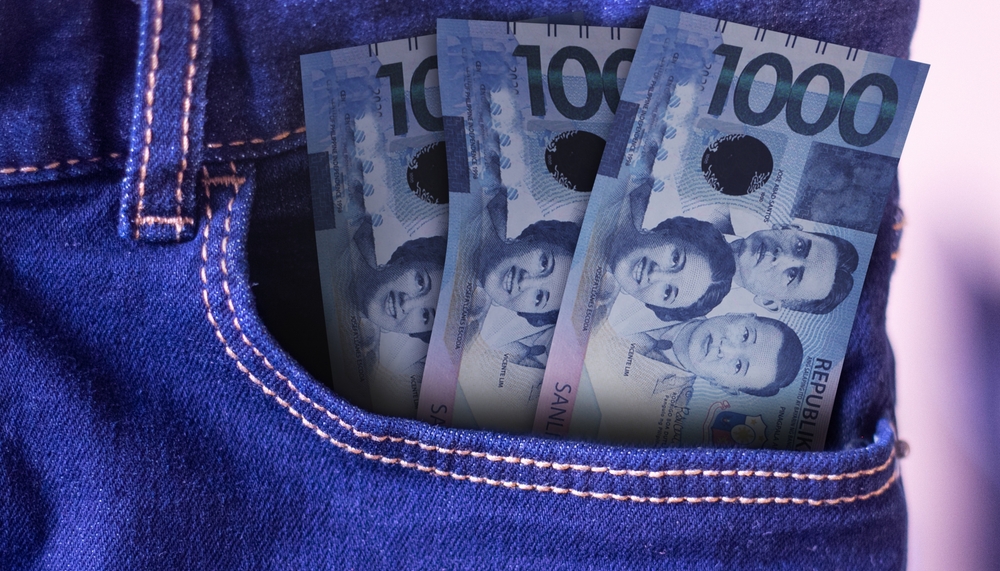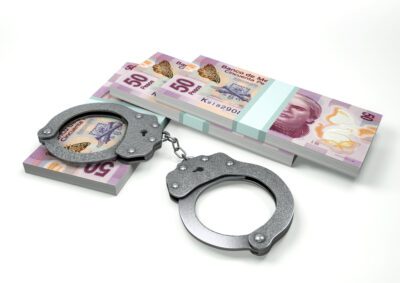Amid a looming black market gambling crisis and the humiliating threat of being put back on the FATF international money laundering Grey List, the Philippines is poised to impose an outright ban on iGaming.
Speaking at this mid-week’s Manila Summit 2025, Filipino President Ferdinand “Bongbong” Marcos Jnr. warned that the government “would be taking further action to combat the growing problem of online gambling [to] protect citizens and preserve the integrity of our financial systems”.
An abrupt turnaround, indeed, from the recent past when the free-wheeling South East Asian archipelago of 116 million people was a byword for murky offshore gambling and hustling operations known as POGOs that targetted, principally, the vast illicit iGaming market in China, where–with the exception of the former colonial enclaves of Macau and Hong Kong–all gambling is banned.
“Bongbong”, son of the late notorious husband and wife Filipino dictators Ferdinand Snr. and Imelda Marcos, while conceding “that it is not necessarily the solution” has strongly signalled that he is open to a total ban on iGaming.
“We have to be measured in our responses,” he said. “If it comes down to a ban, then we will ban. But if there are better solutions than a ban, we will take those on.”
He now plans to draft a “new and comprehensive” policy on all aspects of gambling, focusing on the socio-economic impact.
Money Laundering
Meanwhile, Philippines Central Bank (BSP) Governor Eli M. Remolona Jnr. has also warned that a recent big rise in illegal online gambling could see the country returned to the Financial Action Task Force (FATF) Grey List, for breaching anti-money laundering and counter-terrorism financial controls.
The Philippines was put on the FATF Grey List in June 2021 for breaking bad money protocols and was only removed from the index in February this year after successfully fulfilling an 18-point action plan to clean up its finances.
But a recent national ban on e-wallet providers linking their apps to gambling sites has led to a massive upsurge in illegal betting activity on off-shore sites – and the attendant dangers of money laundering.
The Philippine Amusement and Gaming Corporation (PAGCOR), the country’s gambling regulator, has confirmed that online gambling transactions fell by nearly 50 percent in the days after the BSP banned gambling e-wallets on August 14.

The ban, correspondingly, has triggered a 40 percent surge in illegal gambling activity, it has been reported.
And it has emboldened calls for a nationwide online gambling ban.
While there are no official statistics on how many Filipinos suffer from gambling compulsion, data reflects a sharp rise in online gambling.
Crisis
A 2023 Capstone Intel survey, for example, found that 66 percent of young Filipinos aged 18- to 24-years-old gamble online – despite the legal age for casino being 21.
Some 57 percent of respondents aged 41- to 55-years-old reported gambling online two to three times per week.
Anti-gambling activists claim this signals “a public health crisis, a moral failure and a betrayal of our youth”, a view supported by Senate Majority Leader Joel Villanueva, who warns that online gambling is a “growing national crisis”.
Filipino lawmakers are now weighing multiple bills proposing tighter restrictions, and even an outright ban.
To date, PAGCOR and President Marcos Jr. have resisted calls for total prohibition, highlighting the legal sector’s economic contributions to society and attributing blame to illicit, offshore, gambling operators.
Last year, the industry generated 154 billion pesos (£2.02bn) in GGR, a figure nearly matched by the first half of 2025 alone, which generated 114.83 billion pesos (approximately £1.49 billion).
The legal gaming sector also employs over 32,000 people and contributes to school building and government social and healthcare programmes.




